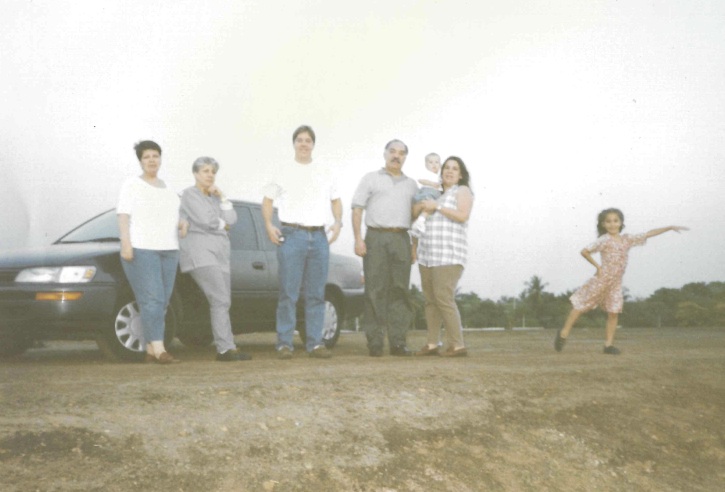As a Venezuelan-bred Latino, I grew up with an unmitigated love for my mother country. On calm weekends where I would hike the beautiful Avila mountains that surrounded my neighborhood I could feel the passion and culture of a country flow through my veins. I breathed in the deliciously salty air of the idyllic beaches and delighted in eating the treasured folk dishes. Venezuela and its natural beauty provided a home for me that I was more than proud of.
This love for my country would carry me through the years until my parents decided I was old enough to leave the national news channel playing with me in the room. It was through television that I discovered the reality that hid between the majestic valleys and crawled through the streets. Rape, robbery, kidnapping and murder fueled the veins of Caracas with a torrential force that overshadowed the beauties of the national culture. The arts and music of the Venezuelan people were no longer admired internationally in favor of sensationalist chatter focused around the downfall of a people. One of the natural world’s most beautiful creations, Angel Falls, was suddenly flowing with blood and misery.
How could I look at my country the same way? How could I go out on the streets and look at my people in the face and know that behind their eyes lie evil thoughts? These questions suddenly became irrelevant as the option to go out on the streets was eliminated. Personal safety was destroyed as crime rates went up and Caracas earned the unofficial title of most dangerous city in the world. My family hikes to the valleys and streams dissolved as people decided they would rather mug someone at gunpoint at the base of a mountain instead of bask in its untamed beauty.
Adults took to the streets to blame the government, blame the opposition, blame anyone who could be blamed. As a 7 year old, I didn’t know who or what to blame. I couldn’t place my blame on a government I wasn’t familiar with. I couldn’t blame laws and politics I didn’t understand. It only made sense that the ones who should be held accountable for this destruction of a culture were the people themselves. The village who raised me was to blame. The culture from which I sprang from was to blame. The womb from which I emerged from was to blame and the comfort of my mother country rotted away with every new headline.

When my parents decided to finally pack us up and relocate to a calmer United States, I boarded the plane with a sigh and an immense disappointment. Was I leaving a part of me behind? Sure. My home for the initial nine years of my life was staying behind to die as I fled to another land. Yet I didn’t feel sad. I didn’t shed a tear for my departure. My ability to show emotion for the downfall of my country was held down by my utter disappointment in the country itself. Humanity soon became a redundantly self-destructive ideal that lacked any sense. I boarded the plane and left a part of myself behind. But it wasn’t my home I was leaving behind: it was my trust in humanity and the kindness of people.
Looking back on the years I spent growing up in an unstable country, I feel a bittersweetness surge through me. I learned to understand the people pulling the strings behind the political chaos and violence happening in the streets, yet I never understood how a population could destroy itself. I’ve yet to understand how the people of a country so beautiful, so full of paradisiacal scenery and culture, could let the very home from which they sprang get overshadowed by its people’s mistakes.
Things have changed. I have changed as well. I’ve been able to have more mature discussions with my family about the national situation and I understand that these past years of horror do not signify the death of humanity. But I still yearn to see my country get back on its feet. I still yearn to see my people rise from the immoral filth and violence in which they wallow and return the country to its destined glory. I yearn to see the Venezuela my parents saw at my age, full of culture and beauty on every corner. I yearn, against seemingly impossible odds, to someday see Venezuela for what it was meant to be.

























